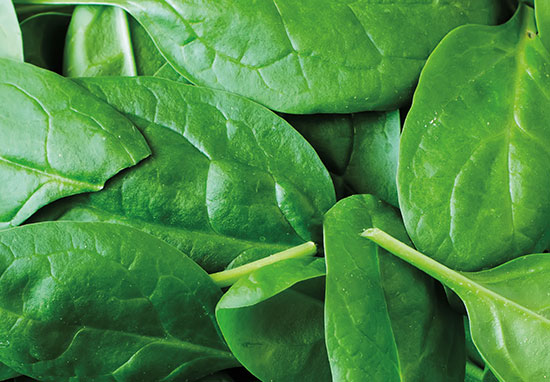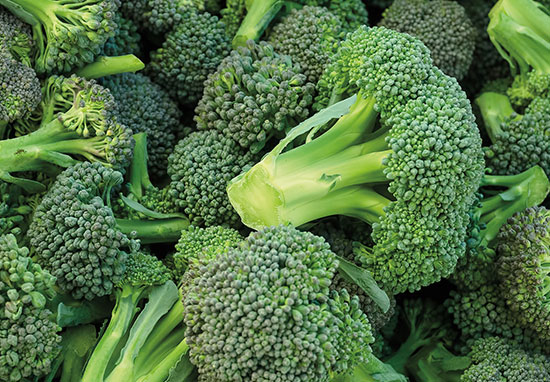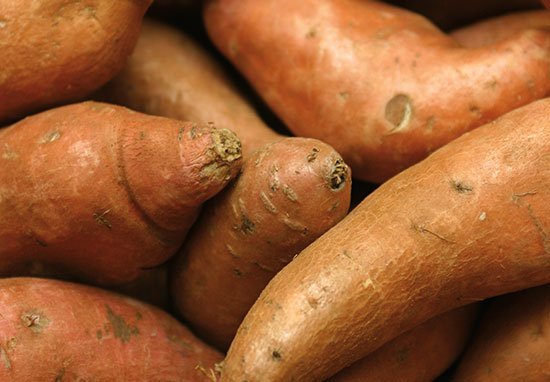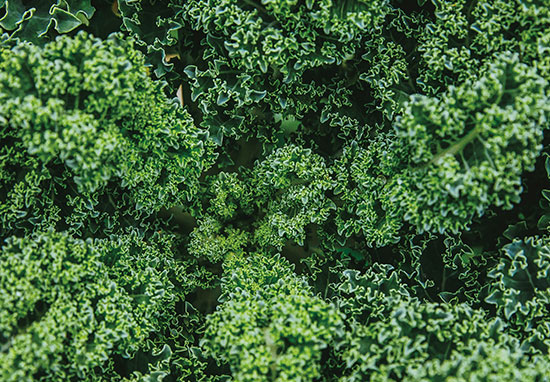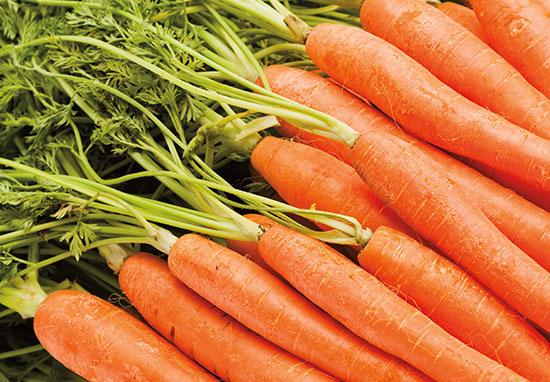The calcium in spinach can help protect tooth enamel, strengthen your jaw bones and the bone that supports your teeth, and help prevent tooth loss. Spinach needs about six weeks of cooler temperatures, so plant it before the last spring frost.
2. Broccoli
With a full helping of vitamin C, broccoli helps strengthen gums and other soft tissues in the mouth. It also goes a long way toward helping defend against gum disease, gingivitis and tooth loss. Plus, broccoli provides a substantial amount of calcium that helps fortify bones and teeth.
3. Sweet potatoes
Sweet potatoes aren’t just tasty — they also contain vitamin A, which helps keep mucous membranes healthy and encourages quick recovery from mouth problems like cuts and surgeries. Similar to broccoli, the vitamin C in sweet potatoes encourages healthy gums. Be careful not to overwater your sweet potatoes!
4. Kale
Kale packs a powerful punch (and a hearty crunch) of calcium, folic acid, vitamin A and vitamin K. Not only can a vitamin K deficiency negatively affect your mouth’s healing process, but a healthy dose can help block substances that break down bones.
5. Carrots
Carrots have loads of vitamin A, which is critical for the formation of healthy tooth enamel. They also have high levels of fiber. Snacking on some crisp carrots after eating a meal can wash away food remnants, helping to prevent cavities. Make sure the soil isn’t too heavy or your carrots may end up oddly shaped.
Choose a green dental routine
Try these tips to curb your carbon footprint.
Acai bowl recipe
Brighten up your morning with this tropical-inspired treat.
Video: All about kale
What's the story behind this popular superfood?
